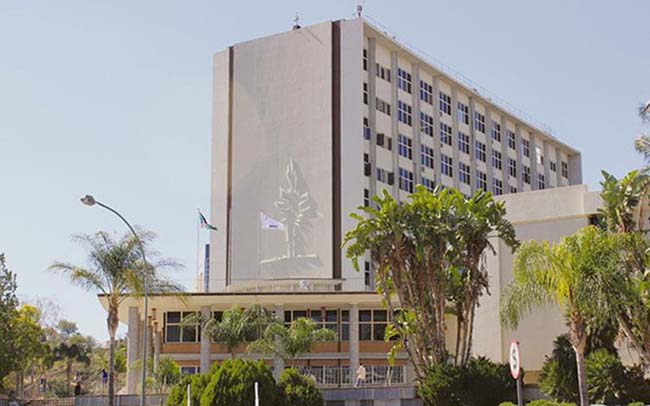As one of the immediate business rescue initiatives, the Business Rescue Task Force recommended government to protect Namibian entrepreneurs by ensuring foreigners do not trade in areas where Namibians have sufficient capacity.
This, according to the board, includes businesses such as construction, brick making and shopfitting.
This recommendation was made through the Namibia Investment Promotion and Development Board (NIPDB), which was also directed to prioritise solutions for current bottlenecks in the creation of an overall enabling environment for businesses and investors.
The task force aimed to “pursue the implementation of mentoring and empowerment programs for struggling small and medium enterprises (SMEs), particularly those owned by previously disadvantaged Namibians. Also, to pursue enhanced service deliveries at all entities to enable the ease of doing business within Namibia,” reads the final report submitted to President Hage Geingob last week by the task force.
The Business Rescue Task Force (BRTF) was appointed by President Geingob on 1 July 2021 to review global and domestic business laws, policies and frameworks.
The task force was mandated to recommend amendments to applicable laws, determinations, regulations and policies to cement business rescue as the preferred path during the financially distressing period.
While submitting the report, BRTF chairperson Thinus Prinsloo said the main purpose of the business rescue process is to delay liquidation or the winding up of a business, provided it ensures better returns for creditors and shareholders or investors than liquidation.
This, said Prinsloo, could serve as a sustainable solution to stop businesses from closing down, thus saving valuable jobs.
“The document seeks to propose policy and legislative reforms around dealing with businesses in financial distress, and alternative funding instruments as well as immediate interventions to relieve the pressure from existing struggling businesses and to allow for the implementation of a successful businesses rescue environment in Namibia,” Prinsloo explained.
Furthermore, the impact of Covid-19 has been detrimental for businesses, as it came at a time when the Namibian economy was already contracting due to a severe drought, declining commodity prices and a depreciating Namibian dollar.
In this regard, many businesses merely need restructuring and consolidation of debt to ease cash flow, get them through short periods and keep these businesses afloat.
The report further stated that the bulk of Covid-19 relief, as currently provided by commercial banks, comes in the form of loan moratoriums on existing facilities – and to a lesser extent, actual restructuring of debt.
“Some of these debt restructuring loans were found to be impractical and placed businesses in more distressed positions down the line. Also, there was compound interest applied on these loans as opposed to the simple interest prescribed by Bank of Namibia,” the task force noted.
The BRTF further recommended banks to engage with clients with an out-of-the-box, innovative and practical approach to debt restructuring and consolidation.
This should be done with the intention of easing cash flow, thereby keeping the doors of viable businesses open and ensuring the preservation of jobs in those businesses.
Upon receiving the report, Geingob said he appreciated its quality, and that it was delivered on time.
He said this is an example to many tasked with different obligations to deliver on time but with quality.
At the same occasion, trade minister Lucia Iipumbu said identified legal instruments, such as the Company Act, really need to be amended as soon as possible.
“The SME policy in place is outdated but the establishment of the SME Fund it calls for is an urgent amendment to the Act. This speaks to the reality of where we are now. We have set the wheels in motion so that we review the SME policy because the landscape of MSMES in terms of accessing funds, among other issues, is key to reviving the economy,” said Iipumbu.


